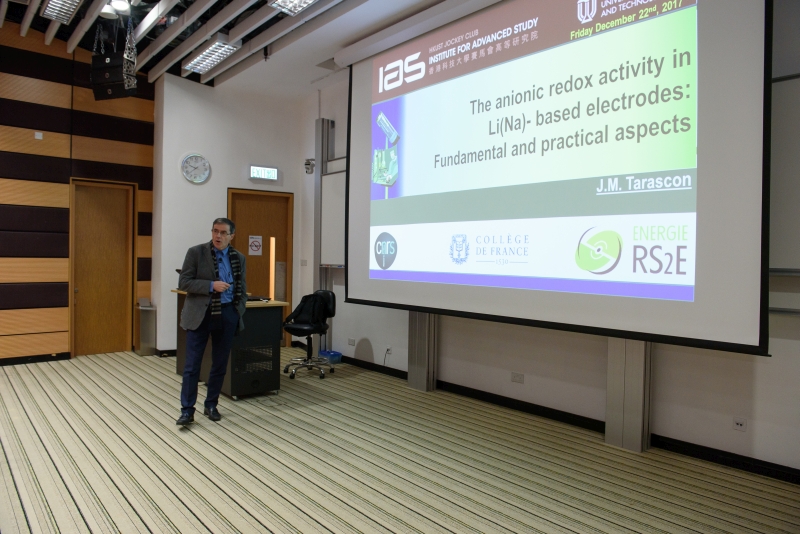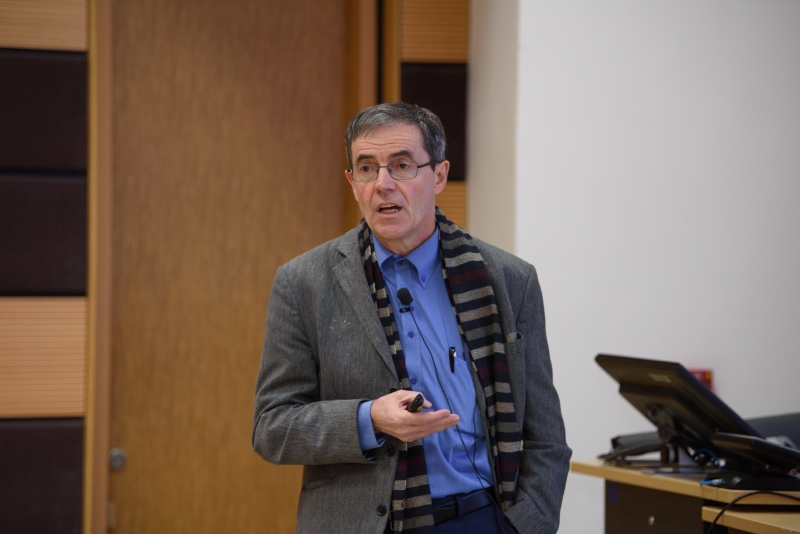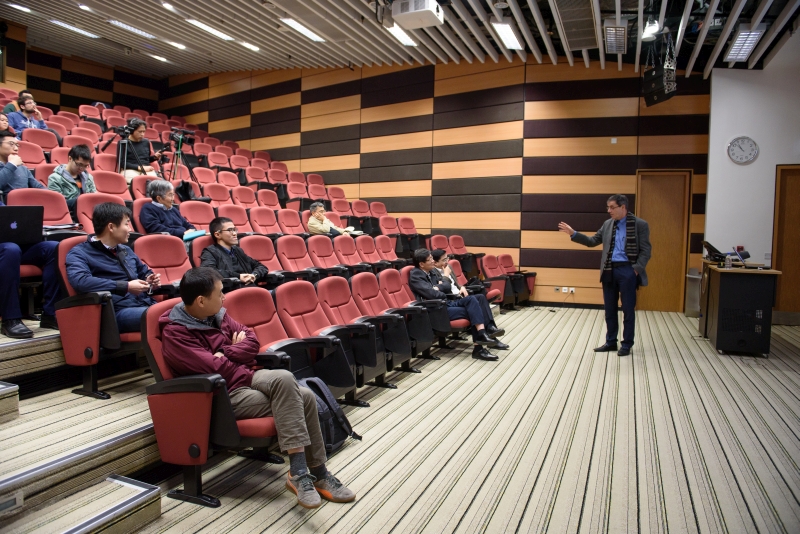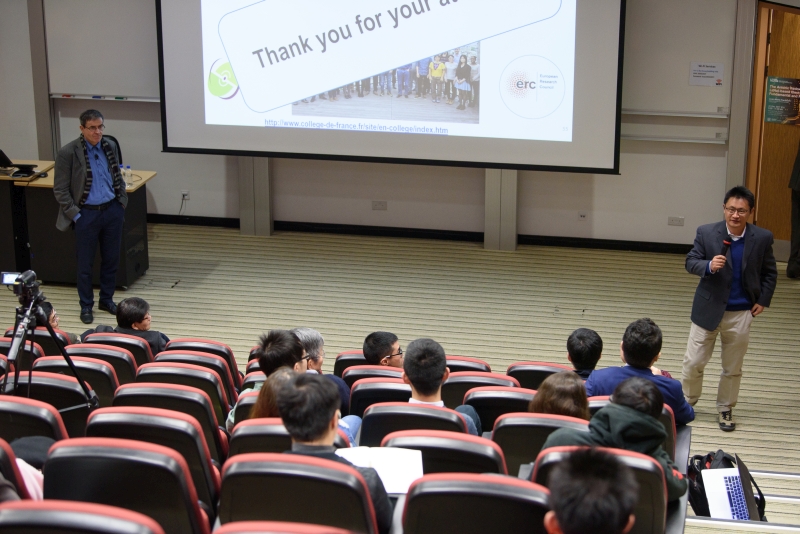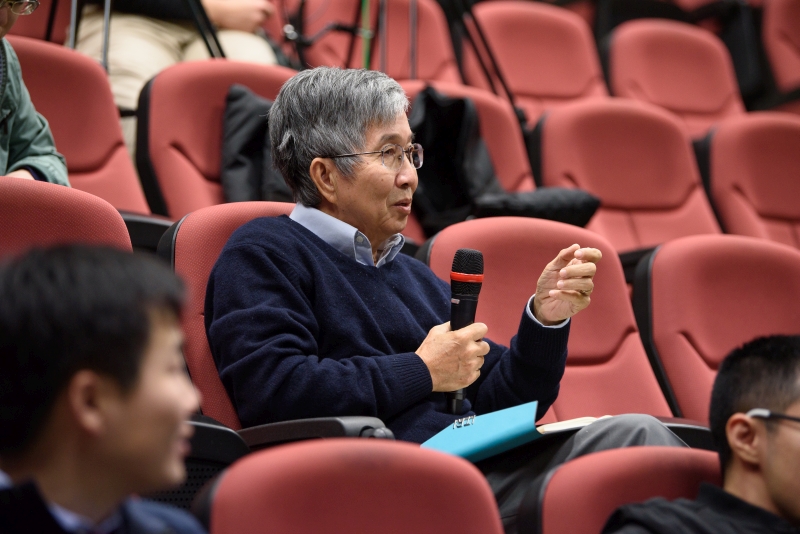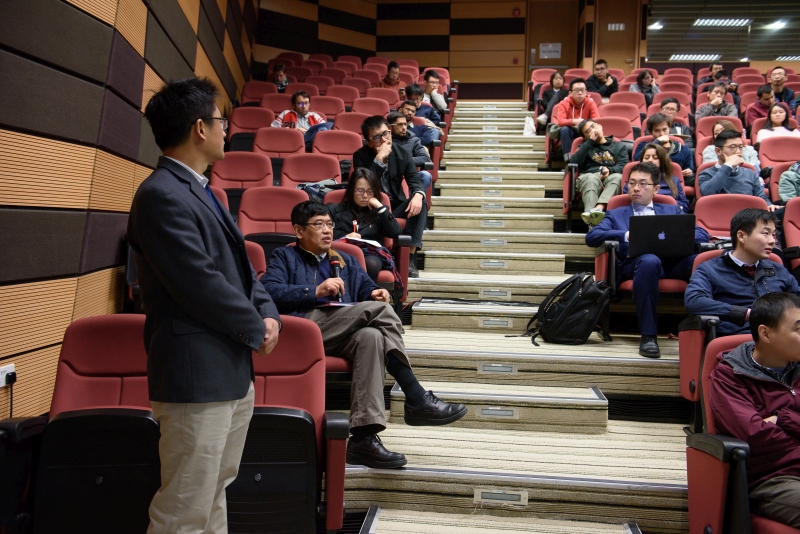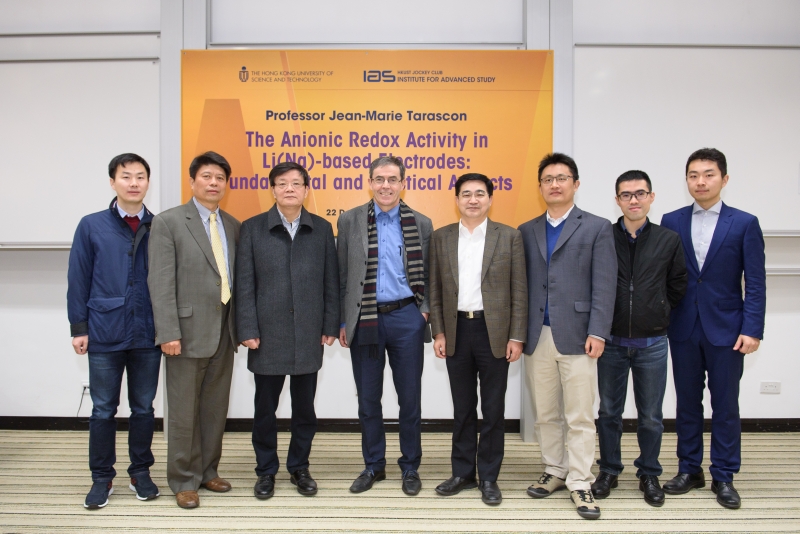The Anionic Redox Activity in Li(Na)-based Electrodes: Fundamental and Practical Aspects
Abstract
The increasing life dependence to lithium(Li)-ion batteries calls for continual improvement in battery performances which so far have relied on cationic redox as the sole source of energy. Great hope has recently been placed on the emergence of the anionic redox process, a transformational change for designing materials with doubling capacity, hence explaining why anionic redox had become so fashionable these days with its implementation as well to sodium(Na)-ion batteries and beyond. There are the subjects of great research and industrial efforts with some recent advances to be reported. However, what is the real science beyond and the chances for such materials to reach the market place? The speaker will offer a comprehensive description in this lecture.
About the speaker
Prof. Jean-Marie Tarascon received his PhD in Solid State Chemistry from the University of Bordeaux in 1981. He furthered his career in Bell Communications Research, Inc. (Bellcore) in 1983 and moved to the University of Picardie Jules Verne in 1995. In 2010, Prof. Tarascon joined the Collège de France and is currently a Professor of Chemistry of Materials and Energy. He is also the Director of the Research Network on Electrochemical Energy Storage, a research and technology transfer network devoted to energy storage devices initiated by the French Ministry of Higher Education and Research.
Prof. Tarascon’s research focuses on the development of new techniques for the synthesis of new electronic materials (superconductors, ferroelectrics, fluoride glasses and rechargeable batteries materials) for new solid state electronic devices, and for relating crystal structure to electronic, optical, and magnetic properties. His work has primarily focused on some electronic properties of Chevrel phases as well as their ability to insert alkali ions. He has made outstanding contributions in the field of superconductivity and was the original proponent of the thin and flexible plastic Li-ion battery based on a strong and highly resistant hybrid polymer system that is presently commercialized. As the head of the Institute of Chemistry of Picardie and coordinator of the European Research Institute for battery research (ALISTORE-ERI), he is exploiting new Li reactivity concepts such as conversion or displacement reactions, and novel electrodes designs for the next generation of Li-ion batteries based on nano-electrodes/electrolyte components.
Prof. Tarascon was elected a Foreign Member of the Royal Society of London, a Member of the American Chemical Society, a Member of Electrochemical Society and a Member of Materials Research Society. He is the holder or author of about 69 patents and more than 520 publications, as well as the recipient of a number of awards, which include the Centenary Prize by the Royal Society of Chemistry (2015), the Pierre Süe Prize by the French Chemical Society (2011), the Eni Award for Environment Protection (2011), the Gold Medal by University of Picardie Jules Verne (2008) and the Europe Section Alessandro Volta Medal by the Electrochemical Society (2002).

